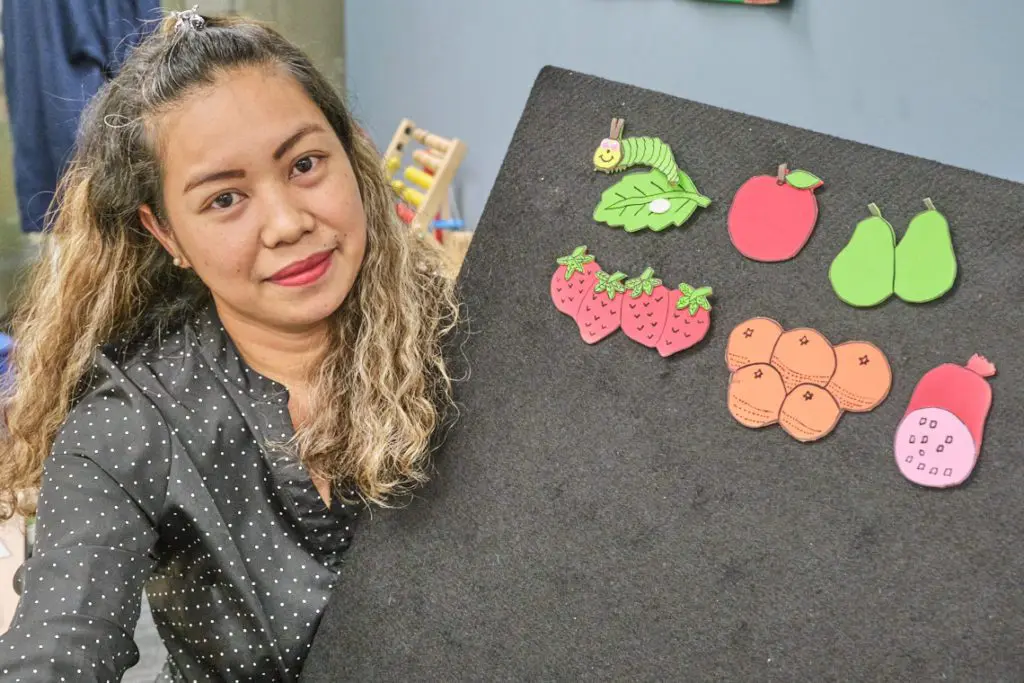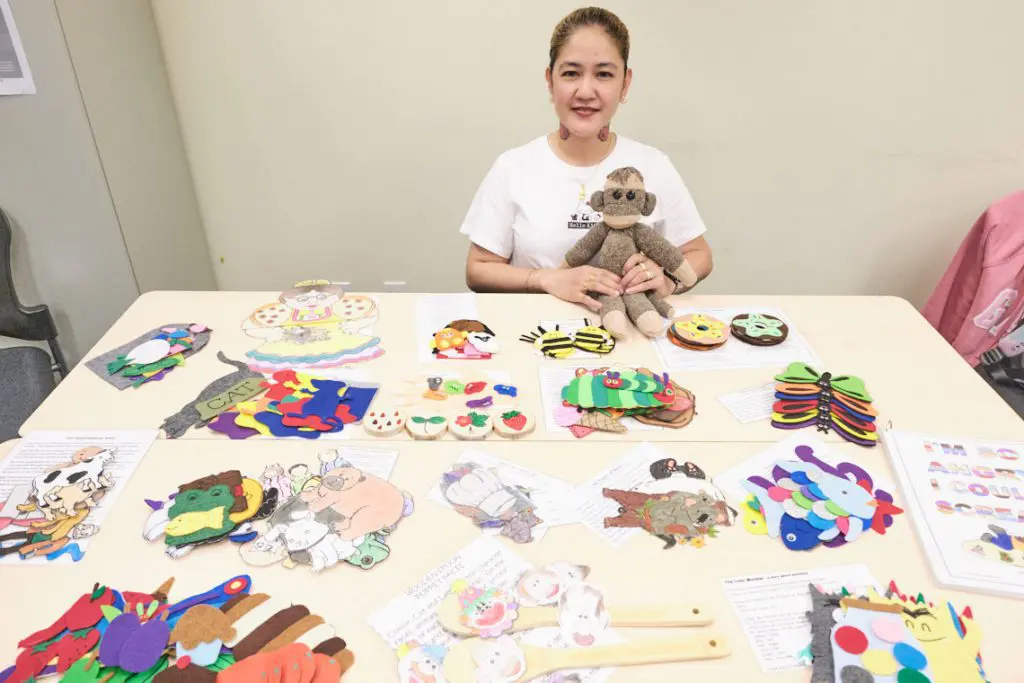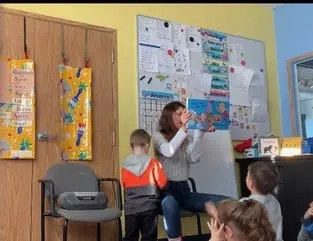People who have received their early childhood education training and are entering the workforce should be prepared not only to teach young children but also to involve their parents in the process. It can be difficult for parents to leave their kids in the care of someone else for the first time. Establishing trust with them is crucial, and the best way to achieve that goal is to involve them in the process.
Parental involvement can also make things go smoother for the child, who has to adjust to being in a new environment. Development will no doubt be more effective if the educator and parents work as partners.
Partnership with parents is also essential in cases where a child is unable to learn at the same speed and in the same manner as the other students. It will help the professional with educational assistant training or who has taken online teacher’s assistant courses determine the appropriate teaching methods and learning aides to use.
Starting Off on the Right Foot
Engaging parents in their child’s education begins on the very first day they set foot inside the preschool. That first day of school however, is also usually confusing and perhaps a bit stressful for both the child and their parent. The early childhood educator can approach this situation best by:
· Recognizing that drop off and pickup times are generally rushed
· Assigning tasks to a colleague to not appear rushed
· Offer the parents a concise instructor biography they can read later
· Prepare a brief questionnaire about what they hope their child learns
· Invite them to attend a class and contribute a presentation
Having the Tough But Necessary Conversations
One of the most difficult conversations an early childhood educator can have with parents is when a child’s behaviour in class is counter-productive and potentially detrimental to the experience of other children. This is not to be confused with when a child has difficulty learning.
Parents can be defensive when told that their child’s behaviour is causing problems. This can be compounded by suggestions that what they do at home may be playing a part in it. A strong teacher-parent relationship helps to ease the tensions but there are some additional tactics an educator can use. These include:
· Ask questions about the child’s situation at home and being a good listener when given responses
· Organize thoughts before communicating with parents
· Begin by communicating the child’s strengths in class
· Describe behaviours rather than offer a diagnosis
· Offer multiple examples to illustrate a point and address the issue from different angles
· Provide parents with enough time to absorb and contemplate the information
· Offer informational resources
Do you think you have the skills to effectively include parents in a child’s education?










